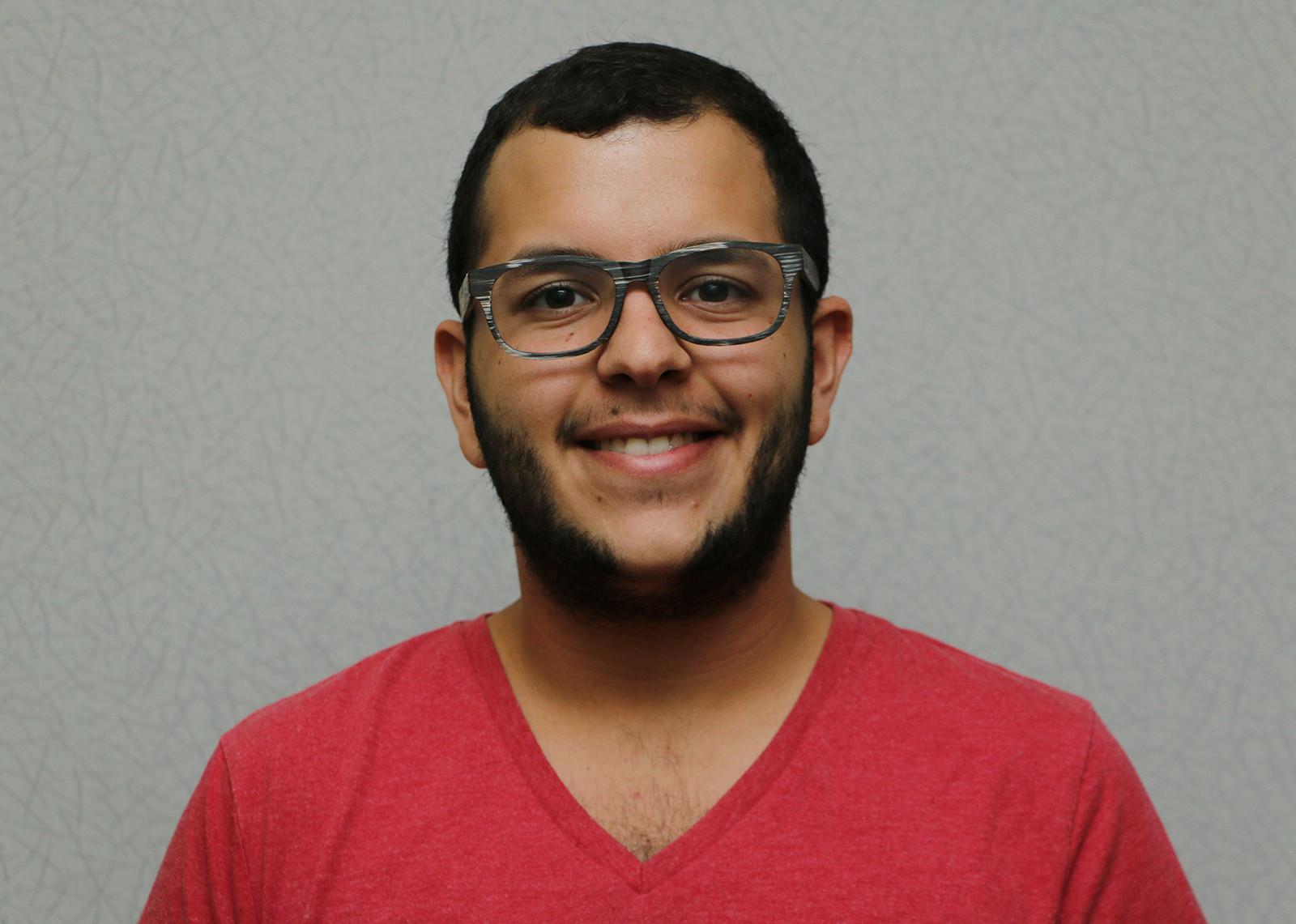Back in the late summer of 2014, I remember thinking that it was illogical for people to get all caught up in the Ebola craze. I realized that cable news networks had the hard job of filling up 24 hours of a day with news, and that a health crisis that lasts multiple days is a very good thing for them. I also understood that a virus affecting people in rural sub-Saharan Africa had a small chance of reaching America, especially once people knew of it and started being careful. However, I am beginning to realize that perhaps the reason that Ebola never made to America and was so well-controlled was that we collectively freaked out.
The Ebola virus disease is a serious illness that was first discovered in 1976 and is often fatal when left untreated. Although the deadliness of the disease varies from outbreak to outbreak, the average fatality rate is 50 percent, which is quite high. Ever since the first case of the latest outbreak appeared in West Africa on March 2014, this has been the largest and most complex Ebola outbreak so far. The outbreak is now winding down, and on Saturday, Sierra Leone was labeled free of Ebola.
Nov. 7 marked 42 days since the last case of Ebola was diagnosed in Sierra Leone. According to the World Health Organization, after 42 days, or two incubation periods, without a single Ebola diagnosis, the nation can finally be considered Ebola free. Many people died combating Ebola in Guinea, Liberia and in Sierra Leone, but the fight is not entirely over yet. According to New Zealand’s Ministry of Health, Guinea has yet to be considered Ebola-free and their border with Sierra Leone can still bring the disease back to the latter country.
Although the world is not technically Ebola free until Guinea becomes free of Ebola, one could say that the fight against this disease has already been won. Barring a strange set of circumstances, Guinea will be declared free of Ebola and the disease will slowly fade from memory like the swine flu, or avian flu before it. Even if the disease were to come back, a vaccine against it is expected by the end of this year. If that vaccine were to fail as well, there are another eight vaccines listed by the WHO as under development.
So less than 18 months after this outbreak of Ebola, it seems that the situation is under control. The true question lies in whether or not society needed to freak out in the first place. Had I been asked that question a year ago, I would have said no. But now I see that our reaction is probably the reason that this disease has been mainly defeated.
Ebola struck Western sub-Saharan Africa. This region of the world is mostly poor, and local governments would have likely found it difficult to deal with such a tricky disease on their own. The fact is, the fight against Ebola was mainly financed by outsiders. The WHO estimated in 2014 that it would cost about $1 billion to defeat Ebola. This is a great deal of money for the governments of Liberia, Guinea and Sierra Leone, but it is not too large for a group of industrialized nations. While the exact amount that each country has given is not yet available, we can guide a discussion of this by the amounts that each country has pledged.
The United States, which saw only 15 cases of Ebola as of March, 2015, pledged the most money by far. An official post from the Center for Global Development puts the amount pledged by the United States at about $750 million. The World Bank pledged another $400 million, the European Union as a whole about $230 million, the United Kingdom $210 million, the African Development Bank $150 million and so on. This is important because the largest African contributor contributed 20 percent of what the United States did. These donations from Western nations represent more than $1 billion and they don’t include the amounts pledged by other nations and NGOs, such as Germany ($130 million), Sweden ($70 million), the Bill and Melinda Gates Foundation ($50 million), Mark Zuckerberg and his wife, Priscilla Chan, ($25 million) and many others.
With the millions invested by worried citizens of developed nation, humanity was able to fight a disease that could have conceivably killed hundreds of millions of our brothers and sisters. Perhaps the disease was never meant to destroy humanity or kill millions, but I’m sure that many more would have died had we not acted the way we did and invested ourselves heavily in solving the Ebola crisis. This victory (which won’t be final until Guinea is declared Ebola-free) shows us that humanity knows how to organize its resources to protect itself from disease and death.
























































































































